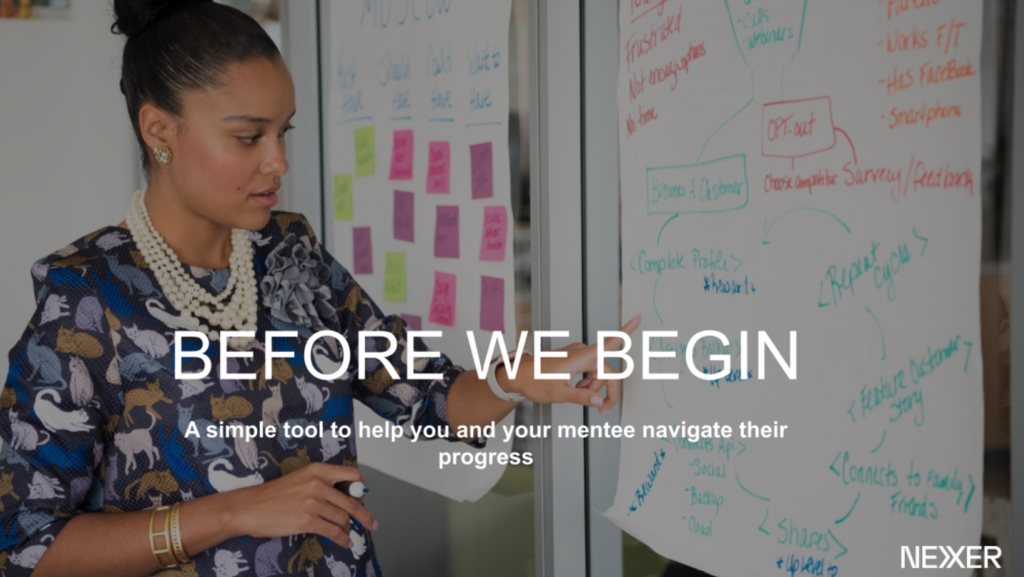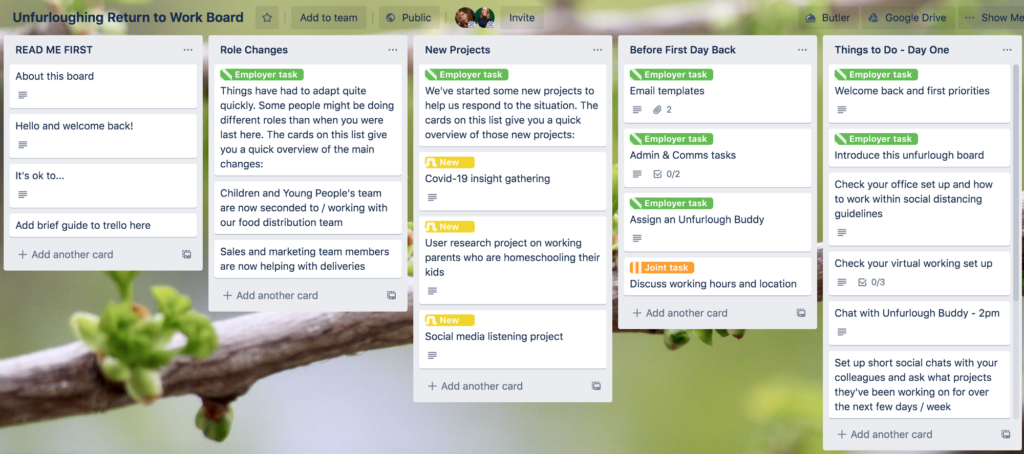second brain
DESIGN FACILITATION
Hire a “second brain” to boost your thinking. Get clear so you can take focused action.

EVER HAVE THAT FEELING YOUR BRAIN IS IN A TANGLE?
Second Brain is here to help. Perhaps you’ve got a project in its early stages or you’ve got stuck. Or you’re a team of one working with clients and you crave someone else to bounce off.

I’m here to get you from fuzzy brain to clear thinking so that you are sure of your next step.

SECOND BRAIN MEANS THAT YOU CAN:
- Bounce project work off me, to help you move it forwards.
- Have access to design facilitation with someone who has experience of service design, org design and user research.
- Work with a turbo-charged virtual whiteboard facilitator. I type while you talk. We organise and refine together.
- Get an injection of new energy at regular points across a project.
- Feel part of a team without doing a full partnership or full collaboration on a project.

There’s no requirement to involve me in client or project meetings if you don’t want to. If you hire me for helping with client work, it has worked well to keep me apart from the client so that I focus my facilitation support on you.
This doesn’t mean I’m not client-aware. Time with me includes helping you to get your thoughts clear and to prepare for client meetings.
what it can be.
- A more affordable way for you to feel part of a team without sharing half of the project fee.
- Making progress on a project or part of a project that feels slow.
- Design facilitation support. Knowledge and experience of frameworks and tools, starting with the Design Diamond.
- Some executive thinking support and sharing the cognitive load if that’s what you need.
What it’s not.
- Full consultancy for all of the project, or sharing the full project load.
- A virtual assistant responsible for all logistics or admin.
- A project manager accountable for all deadlines and milestones.
- Someone to do all the bits you don’t want to.
- Face to face (this is a remote-only offer).
sECOND BRAIN IS ALWAYS:
MEET YOUR FACILITATOR AND SECOND BRAIN!
I’m Lou, and I’m here to be your second brain. I love holding space for other people to get clarity in order to take action. I call it design facilitation because I work best on projects that are looking to improve or create an experience, service or digital product.
My starting point is often the Design Diamond or a variant of it. I have a range of tools and frameworks to draw on. If I can’t call on a specific framework or tool, I will often create one that helps with the task at hand.
As a facilitator, over my career, I’ve worked face to face and remotely with people who lead and are part of design projects. I’ve worked with service designers, user researchers, content designers, project managers and more.
As part of that work, I’ve led, navigated and stewarded relations with a wide range of people. This work is often called ‘stakeholder management’. I prefer to think of it as holding space for clear communication.
Early in my career I worked on an award-winning self-advocacy project that was at the leading edge of participatory approaches, working with people with learning disabilities.
I’ve created and used customer journey maps, empathy maps, and personas (though I’ve moved to use mindsets over personas in my own work). I’ve drawn from and adapted Strategyzer, IDEO and Gamestorming frameworks and tools. I’m aware of systems thinking approaches but am not trained in them.
I am used to the vocabulary around facilitation, user research and design, and I’m also used to adapting that for audiences who don’t have that vocabulary. I’m not an accredited coach but I was trained in coaching methods early in my career and have used them in my work for a long time.
I’ve worked in healthcare, social care, charity and local government sectors as well as with for-profit, for-purpose businesses. I’m interested in public, social, and healthcare innovation.

WHO I’VE WORKED WITH
In a range of roles, I’ve used my facilitation skills with:



HOW IT WORKS:
£175
Hourly rate is £175.
Booked by the hour,
not by the day. Lower rate for bookings of five or more sessions.
60 mins
Sessions are generally 60 minutes.
They can be up to 90 minutes, with a break.
Remote
All sessions are remote. I generally use Google Meet but can also hop on your platform if you use something different.

In a Session, You’ll hear:
- “How would you like me to help you today?”
- “Do you mean…?”
- “It sounds like…”
- “Now that we’ve got all that out of your head, let’s try and structure it.”
I’ve supported prep for workshops and workshop series, the development and planning of programmes of work, and interpreting and synthesising user research. I’ve helped with virtual whiteboards (miro or mural) and slide decks.
Facilitation is an art. It’s the art of finding, creating, and unlocking potential.
~ Inspired by Dave Gray
wHAT PEOPLE SAY:
PROJECTS THAT SHOW MY APPROACH

SUPPORTING MENTORS WITH TOOLS AND GUIDANCE.
Supporting the first peer-to-peer mentoring programme, intended to support interns and new starters whilst providing development opportunities for others.
- Working with team members who had different levels of experience with mentoring.
- Using interviews to identify best practice and preferred approaches.
- Creating resources and providing supportive space for mentors to define and develop their practice.

CREATING EASIER PATHS TO KEY INFORMATION.
Using design facilitation to inform the creation of a new online internal resource, intended to help team members achieve key tasks, such as booking and checking annual leave.
- Interviewing team members and showing them test wireframes to understand the best paths to key information.
- Distilling a complex file store into a set of key tasks that team members are most likely to use.
- Presenting findings to the team who are creating and maintaining the online resource.

WELCOMING EMPLOYEES BACK AFTER FURLOUGH.
A self-directed projected conceived and delivered together with Emily Bazalgette during the COVID-19 pandemic, when the UK government introduced ‘furlough’.
- Using design facilitation to create a practical, freely available tool.
- Helping teams to welcome furloughed staff back to work in a way that supported new priorities, mid- and post-pandemic.
- “Lots of orgs are going to appreciate such practical guidance for helping them through this tricky period.” – Alasdair Dick.

MAKING MEETINGS MORE PRODUCTIVE AND ENJOYABLE.
A working group brought together and led by Carrie Goucher to refine a new methodology for better meetings, originally called “Lomo” (now FewerFasterBolder).
- Beta testing early versions of the meeting tools in real meetings.
- Providing constructive feedback to help improve and iterate the meeting tools.
- Generating ideas to iterate improved tools during creative, virtual working sessions.
CONTACT ME
Briefly describe what you’re looking for from Second Brain, and I’ll respond by email. Include any important milestones and dates.
Then I’ll get in touch to schedule an initial chat for 30 minutes based on your suggested options in the ‘availability’ field of the form.
We’ll chat more about your requirements and we can explore exactly how I can help. Then we’ll agree a schedule of sessions and a start date.
There’s no obligation to book and I will always be honest if I’m not the best fit.
Payments are made by bank transfer and I can issue an invoice. Payment for at least one session must be made up front, even if you are booking multiple sessions.
If you experience any problems with the form, you can try in a different browser or on a different device. Or email me – lou at loushackleton.com.